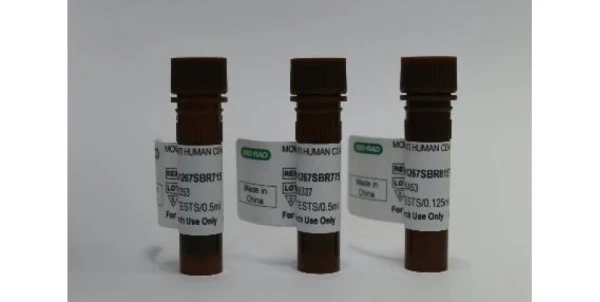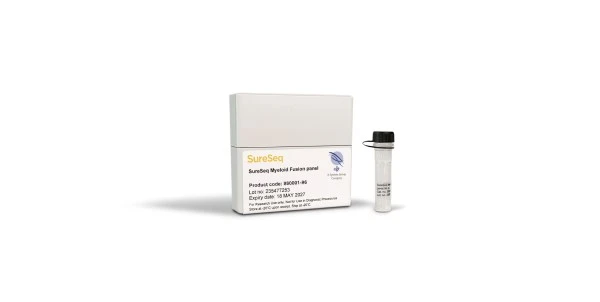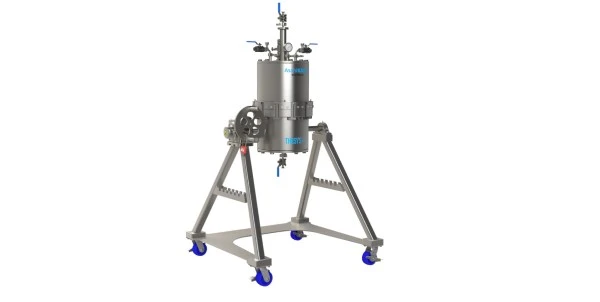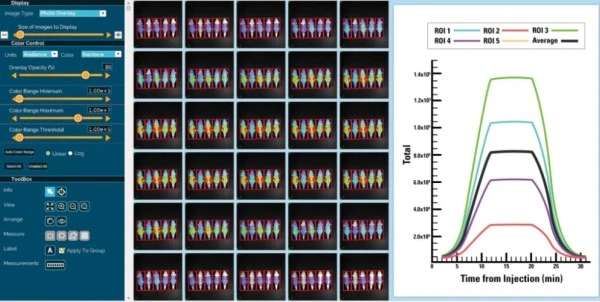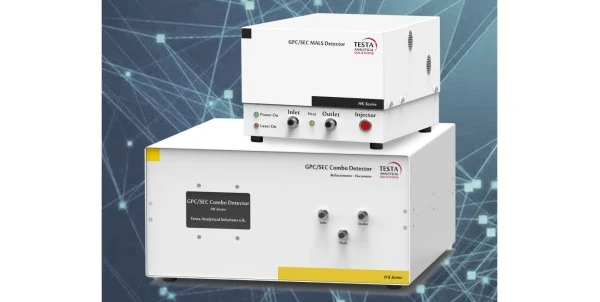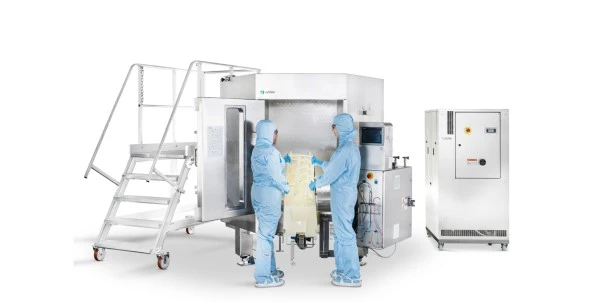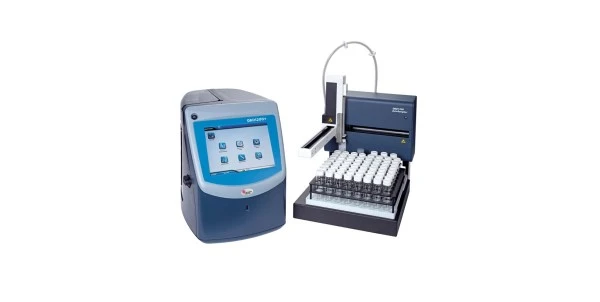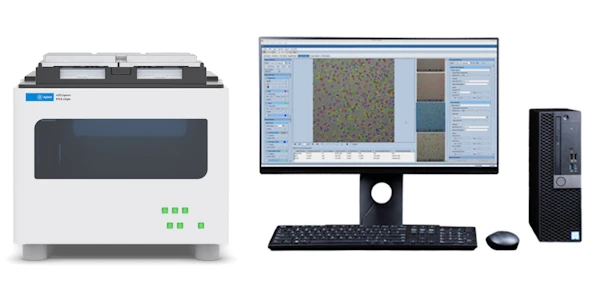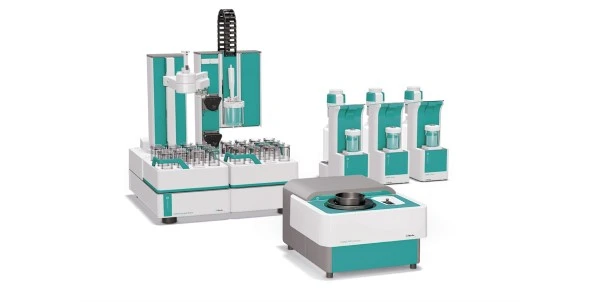
Lab Chiller Buying Guide
A simple guide to selecting the right laboratory chiller
When looking for a new laboratory chiller, there are several factors to consider to ensure that you get the right one for your needs. There are many different types of lab chillers, including recirculating, continuously agitating, and orbital units. Most chillers are water-based, but there are also bead-based units that operate using heated or chilled metallic beads in place of water. Chillers have a wide variety of potential applications, such as sample incubation, temperature-sensitive experiments, cell culture incubation, and more. Before you begin your search, you should establish what capabilities you will need from the chiller for both current and future use.
Temperature range & uniformity
A good place to start is determining what temperature range you will need for your experiments. Some chillers can reach lower temperatures than others, so make sure to choose one that can accommodate the range of temperatures you require. Temperature uniformity is an important consideration as well, so you should consider what level of temperature fluctuation is acceptable for your samples. Circulating chillers, which are commonly used for a variety of lab applications, serve to evenly distribute temperature through a closed loop of recirculated water. Waterless bead-based units have gained in popularity for their ability to achieve uniform temperatures without the need for water which can be a contamination risk. Some applications may require agitation to expose samples to uniform temperatures during incubation, in which orbital or reciprocal chillers are the best choices.
Size & capacity
Another important thing to think about is the amount of cooling power you will need. Cooling capacity is measured in watts or BTUs (British Thermal Units), and chillers generally come in standard and low-temperature variants. Make sure to choose a chiller with a cooling capacity that matches your needs. It is also important to consider both the size and amount of samples you will be cooling so you can choose a chiller with the correct capacity. Lab space constraints are always important to keep in mind, so be sure to investigate chillers with dimensions that fit your technical requirements as well as your space limitations.
Safety features
Look for safety features such as over-temperature protection and alarms that alert to temperature fluctuations. Pressure and flow rate monitoring will help ensure consistent temperatures and preserve the integrity of samples. Automatic shutoff, leak detection, and proper ventilation are also important features to ensure the safe operation of the chiller.
Durability
The durability of a laboratory chiller is largely dependent on the build quality and the materials it is constructed from. Stainless steel can prevent corrosion, which is a common concern, especially in areas that contact with the chiller water. The controls, recirculating pumps, agitation mechanism, and other components should be well-built and durable to handle years of use.
Ease of use
You should also consider the ease of use when choosing a laboratory chiller. Analog controls are suitable for fixed-temperature uses. Digital controls offer more precise temperature set points, consistency, and uniformity. Advanced features can include programmable temperature settings and easy-to-read displays to make it easier to operate the device.
Brand & service
Check with your network and seek out brands with positive reviews and quality service and support. Assess the warranty and service options before making your purchase. As well, be sure parts are available to order so you can minimize downtime during service and repair.
In summary, when buying a laboratory chiller, consider the temperature range, uniformity, capacity, safety features, ease of use, and brand quality and service. By taking these factors into account, you can be sure to choose the right chiller for your needs.
Looking to shop for Laboratory Chillers? LabX.com has a wide variety of new, used, and refurbished instruments, components, and accessories available: Shop Now
